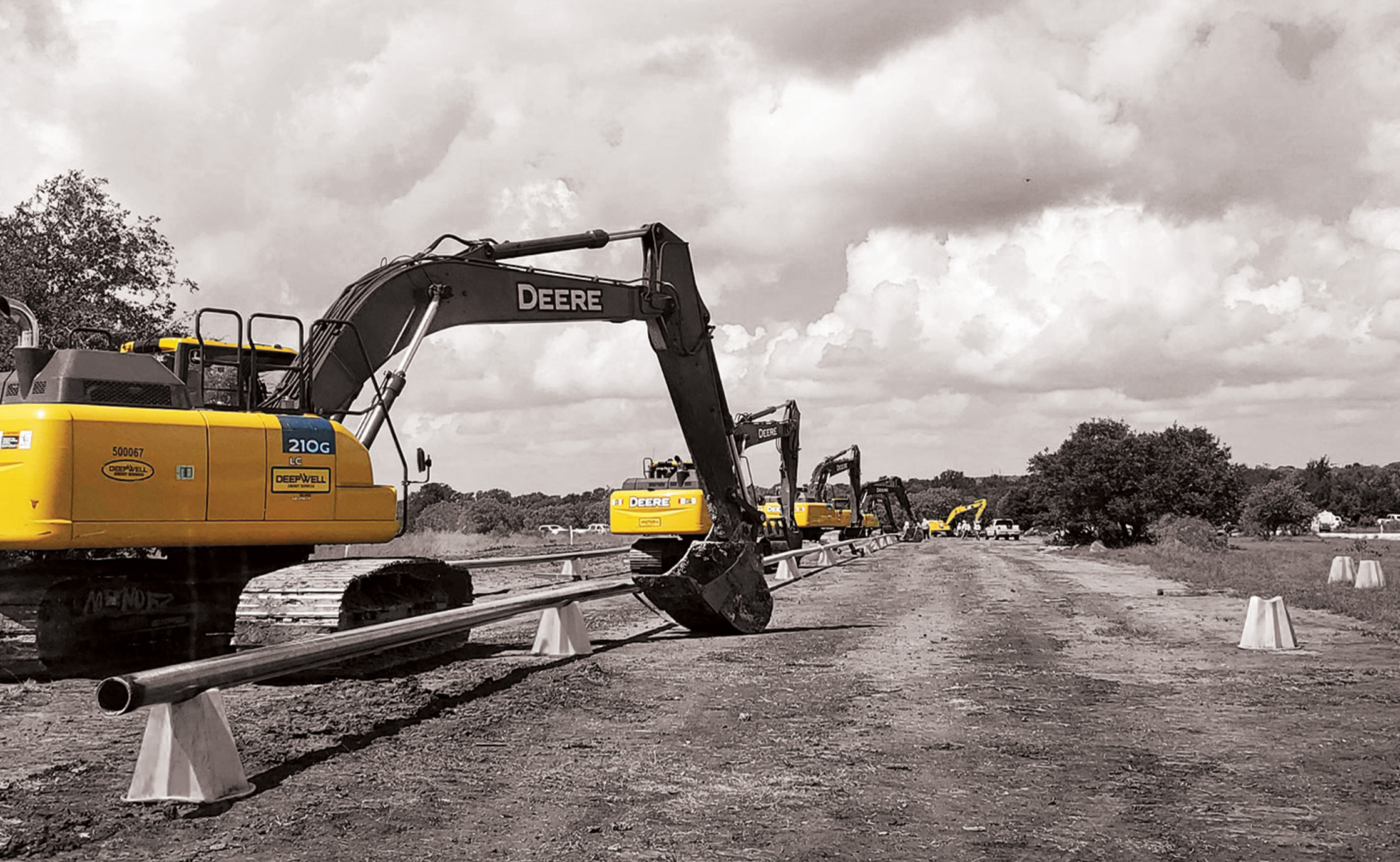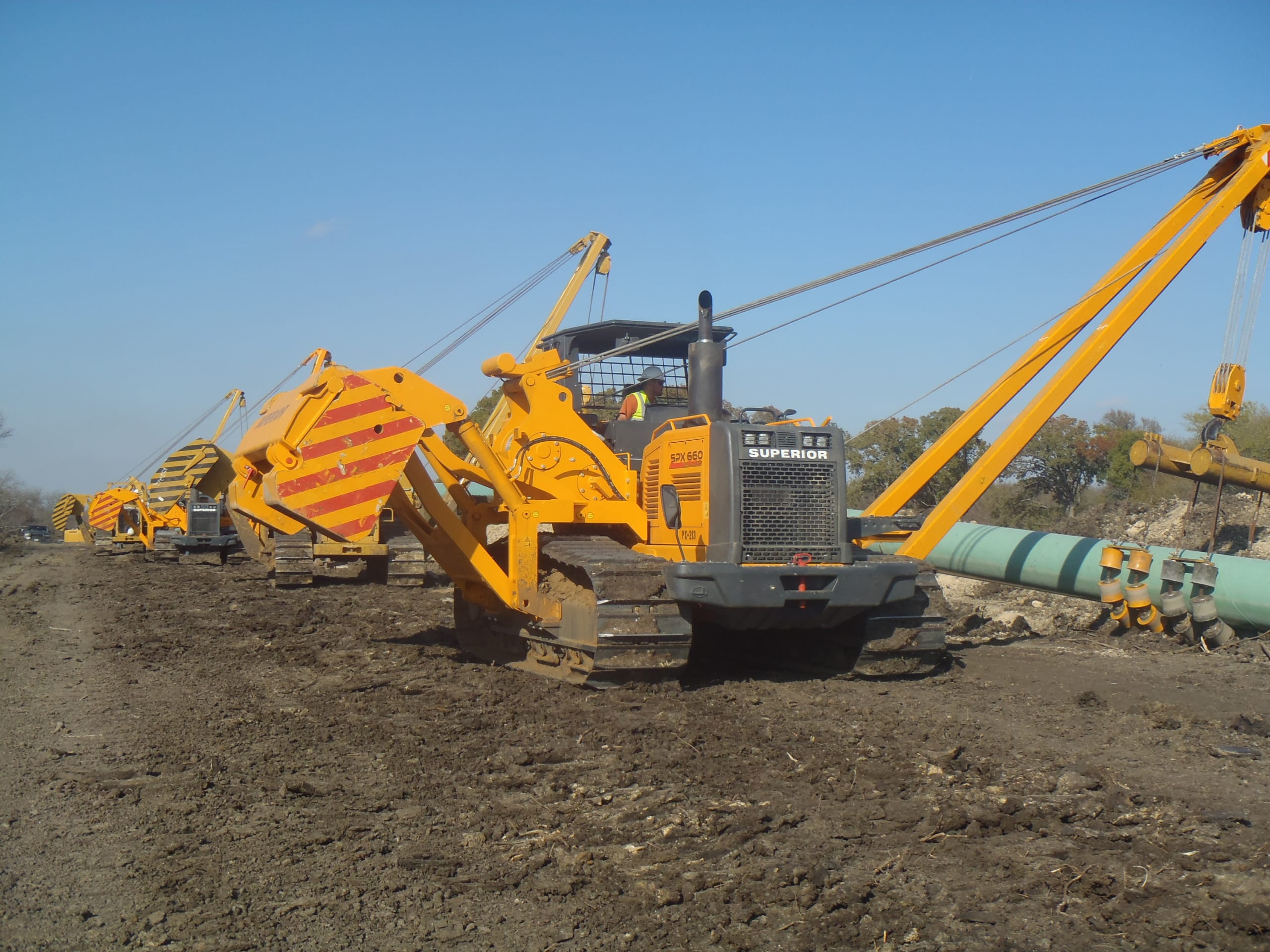Superior rentals squeeze tools: applications explained for field crews
Wiki Article
A Comprehensive Guide to the Various Types of Oil Field Equipment and Pipeline Equipment Available
The oil and gas sector depends heavily on specific devices for effective extraction and transport. Numerous sorts of equipment, from piercing rigs to tank, play vital duties in this complex process. Each item of devices offers unique features that add to overall functional success. Recognizing these parts is crucial for anybody associated with the market. As the market advances, so as well do the technologies that sustain it. What improvements are on the horizon?
Drilling Rigs: The Foundation of Oil Exploration
Drilling rigs function as the vital equipment in the domain name of oil expedition, enabling companies to accessibility hydrocarbon books hidden deep underneath the Earth's surface. These rigs come in various types, including land rigs, offshore rigs, and mobile systems, each developed to operate in particular atmospheres. Furnished with advanced technology, drilling rigs can pass through geological formations with accuracy, making sure efficient source removal. The structural honesty and functional capabilities of these rigs are essential, as they need to withstand extreme conditions and considerable pressures. Additionally, the option of a drilling gear influences the overall project expense and timeline, making it a vital factor to consider for oil firms looking for to maximize their exploration initiatives and make best use of efficiency in their procedures.Pumps: Vital for Liquid Activity
In the oil removal process, the duty of pumps is considerable, assisting in the motion of fluids throughout various stages of production. Pumps are essential for carrying unrefined oil, water, and other fluids from underground reservoirs to the surface and then through pipelines to refineries. They come in various kinds, consisting of centrifugal, favorable variation, and submersible pumps, each serving certain purposes based upon the liquid features and functional needs. Centrifugal pumps are commonly used for their performance in high-flow applications, while positive displacement pumps master taking care of thick liquids. The selection of pump impacts general effectiveness, operational security, and upkeep costs. Appropriate choice and maintenance of pumps are important for maximizing manufacturing and lessening downtime in oil area procedures.Valves: Controlling Flow and Pressure

Shutoffs play a vital role in managing the circulation and stress of liquids within oil areas and pipes. Various kinds of shutoffs serve distinct applications, each made to satisfy particular functions basic for efficient procedure - Superior Oilfield Rentals Texas. Recognizing the attributes and usages of these valves is essential for maximizing system performance and security
Kinds of Valves
Essential components in oil area operations, valves play a crucial duty in regulating the circulation and stress of liquids within pipelines and devices. Different kinds of valves are used to meet the diverse needs of oil and gas manufacturing. Usual types include gate shutoffs, which give a straight-line circulation and marginal stress drop; world shutoffs, recognized for their strangling capabilities; and round valves, recognized for their fast on/off control. Additionally, check valves avoid backflow, while butterfly shutoffs supply a lightweight service for controling circulation. Each valve kind is created with specific products and arrangements to stand up to the harsh conditions typically located in oil fields, ensuring reliability and efficiency in procedures. Understanding these types is vital for reliable system management.Valve Applications and Features
While numerous kinds of valves offer distinctive purposes, their main applications revolve around regulating circulation and pressure within oil and gas systems. Valves such as entrance, globe, and ball valves control liquid activity, making sure peak efficiency and safety. Gateway valves are commonly utilized for on/off control, supplying minimal flow resistance. Globe shutoffs, on the various other hand, deal exact flow guideline, making them ideal for throttling applications. Ball valves are preferred for their quick operation and tight sealing capabilities. On top of that, stress alleviation valves are important for preventing system overpressure, safeguarding equipment honesty. In general, the appropriate choice and application of shutoffs boost operational efficiency, ensuring the reputable transport of oil and gas with pipelines and processing centers.Compressors: Enhancing Gas Transportation
Compressors play a crucial role in the reliable transportation of all-natural gas, ensuring that it relocates efficiently via pipes over lengthy distances. These devices increase the pressure of gas, allowing it to overcome rubbing and elevation modifications within the pipeline system. Additionally, compressors facilitate the balancing of supply and need, fitting fluctuations in intake and production rates. Numerous types of compressors are used in the market, including centrifugal, reciprocating, and rotating screw compressors, each offering unique advantages based upon the operational requirements. Normal upkeep of these compressors is necessary to take full advantage of efficiency and reduce downtime, ultimately adding to a trusted gas transportation network. Their important feature emphasizes the relevance of compressors in the total oil and gas infrastructure.Storage Tanks: Safe and Reliable Liquid Administration
Effective transportation of natural gas counts on various supporting systems, one of which is the proper administration of storage space tanks. These tanks play a crucial function in safely including fluids, making certain that functional efficiency is maintained while decreasing ecological threats. Constructed from sturdy products, they are made to hold up against high stress and harsh components. Effectively sized and tactically situated, storage space tanks help with the smooth circulation of gas and various other fluids, preventing traffic jams in supply chains. Routine upkeep and get more info monitoring are vital to identify leakages or structural concerns, promoting security and compliance with governing standards. Inevitably, the efficient administration of storage space tanks is crucial for the general honesty and dependability of the oil and gas industry's liquid handling systems.
Pipeline Systems: Facilities for Transportation
Pipeline systems act as the backbone of the oil and gas sector, promoting the reliable transportation of hydrocarbons over huge distances. These systems include numerous components, including pipelines, shutoffs, pumps, and compressors, all thoroughly developed to guarantee smooth circulation. The materials made use of in pipeline building, typically steel or high-density polyethylene, are selected for longevity and resistance to deterioration. Pipeline networks can extend across land and water, linking manufacturing sites to refineries and circulation. Additionally, progressed technology enables real-time surveillance of flow rates and stress degrees, enhancing operational effectiveness. The strategic positioning of these pipelines decreases ecological effect while making best use of source ease of access, therefore playing a necessary duty in meeting energy demands around the world.Safety Equipment: Guaranteeing Worker and Environmental Management
The procedure of pipeline systems, while crucial for power transportation, additionally offers significant safety and security challenges for workers and the environment. Safety and security equipment plays a considerable function in minimizing these threats. Individual safety devices (PPE) such as safety helmets, gloves, and non-slip footwear safeguards workers from physical dangers. Additionally, gas discovery systems keep an eye on for leaks, guaranteeing that damaging substances do not position a threat to workers or the surrounding ecological community. Emergency situation shutdown systems are imperative for swiftly stopping operations during a crisis, preventing possible disasters. Spill containment materials, including absorbents and barriers, are basic for decreasing environmental impact. Overall, buying all-inclusive security tools is crucial for keeping functional honesty and protecting both workers and the setting in the oil and gas field.
Regularly Asked Concerns
How Do I Select the Right Oil Field Equipment for My Task?
Choosing the right oil field equipment includes evaluating project specs, budget constraints, and functional requirements. Take into consideration factors such as equipment reliability, compatibility with existing systems, and the provider's credibility to ensure peak performance and security.What Are the Maintenance Needs for Oil Field Equipment?
Maintenance requirements for oil area equipment consist of regular assessments, lubrication, and timely repair work. Operators should additionally abide by manufacturer standards, display performance metrics, and assurance conformity with safety and security regulations to improve long life and effectiveness.
Just How Can I Make Certain Conformity With Environmental Regulations?
To guarantee compliance with ecological guidelines, business have to carry out normal audits, implement ideal methods, purchase training, keep correct paperwork, and remain upgraded on legislation (Superior Rentals reviews). Collaboration with ecological firms can likewise enhance adherence to lawsWhat Is the Ordinary Lifespan of Pipeline Equipment?
The average life expectancy of pipeline equipment usually ranges from 20 to 50 years, relying on factors such as worldly high quality, ecological problems, and maintenance practices. Normal evaluations can substantially affect long life and operational effectiveness.Exactly how Do I Safely Move Oil Field Equipment to Remote Locations?
Transferring oil field devices to remote places calls for careful preparation, including path evaluation, securing authorizations, using proper automobiles, and guaranteeing security procedures are followed. Proper training and interaction among staffs are important for successful transportation.Report this wiki page